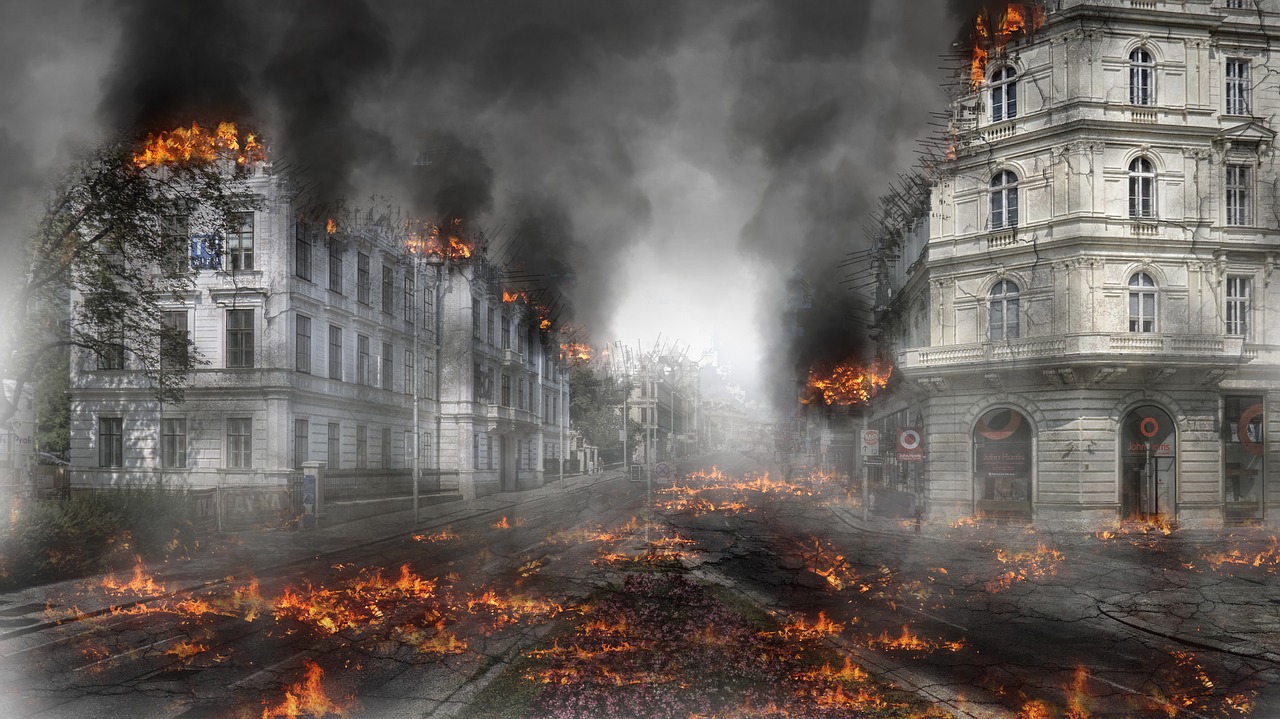Seven years ago we published a WGR on nuclear war and civil defense. Over the past seven years, we have seen an increase in actual and potential nuclear proliferation. Both the Obama and Trump administrations have either reviewed or are reviewing their policies on nuclear weapons and we are clearly seeing a departure from the late Cold War thinking on nuclear policy. The recent false alarm in Hawaii is an indication of heightened concerns and suggests that another look at this issue is warranted.
In Part I of this report, we will review the development of nuclear weapons and the U.S. deployment policy from the end of WWII to the end of the Cold War. This history will include analysis of how the theory of deterrence developed over time and introduce the events of the post-Cold War world. In Part II, we will discuss how the Cold War arrangements have broken down in the post-Cold War world and the ensuing nuclear proliferation. We will also examine how states will cope with this changing nuclear weapons environment and the evolution of new nuclear doctrines. This will include a discussion on civil defense, nuclear strategy and weapons development. We will conclude, as always, with potential market ramifications.
.........................
Second, President Bush’s “Axis of Evil” speech signaled that the U.S. was willing to engage in unilateral regime change. President Bush specifically mentioned three states, Iraq, Iran and North Korea. Iraq did experience regime change; the U.S. and its allies invaded Iraq without U.N. approval in 2003 and eventually executed the Iraqi leader. Although Libya was not mentioned specifically by Bush, its leader, Muammar Gaddafi, saw the invasion in Iraq and voluntarily gave up his nuclear weapons in 2003. In 2011, the U.S., France and the U.K., with U.N. approval, protected rebels who eventually killed the Libyan leader.
The lesson learned by the other members of the Axis of Evil was that the U.S. intended to remove their leaders and the only guarantee to prevent such an outcome was to have nuclear weapons. As a result, both North Korea and Iran moved to build nuclear programs. To be fair, both programs predated President Bush. However, Bush did establish U.S. policy for regime change in both countries and thus made nuclear development essential for regime survival.
Several nuclear devices and claims to now have a deliverable warhead. Iran is a threshold nuclear power with a pact in place to delay crossing that point, negotiated by President Obama. If that treaty is abrogated, we would expect Iran to rapidly build a deliverable weapon.

No comments:
Post a Comment